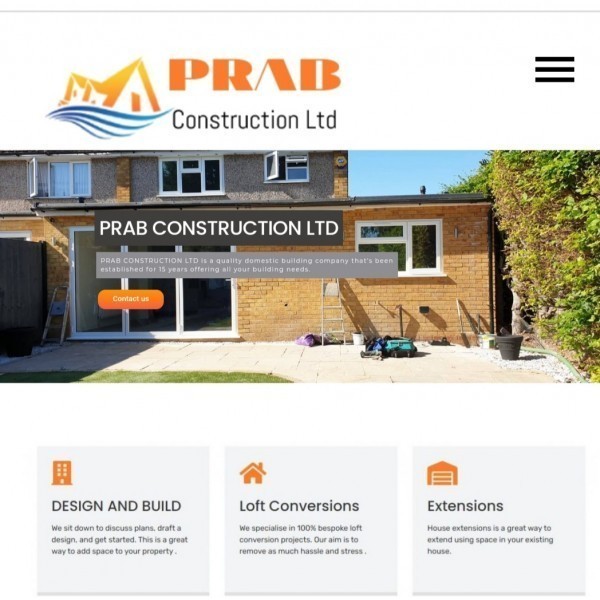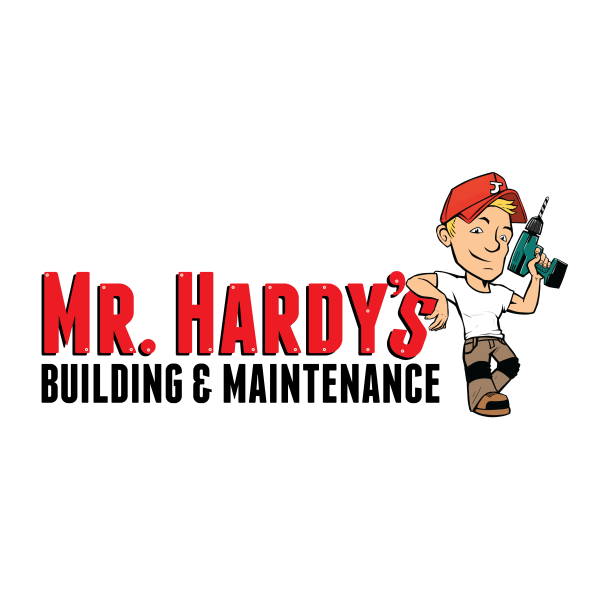Understanding Loft Conversions in Eton
Loft conversions in Eton are a popular choice for homeowners looking to maximise their living space without the hassle of moving. This charming town, known for its historic architecture and proximity to London, offers a unique setting for transforming unused attic spaces into functional areas. Whether you're considering a new bedroom, office, or playroom, a loft conversion can significantly enhance your home's value and usability.
The Benefits of Loft Conversions
Loft conversions offer numerous advantages. Firstly, they provide additional space without altering the footprint of your home. This is particularly beneficial in Eton, where preserving the character of historic buildings is often a priority. Moreover, a well-executed loft conversion can increase your property's value by up to 20%, making it a wise investment.
- Increased Living Space: Transforming your loft can add a significant amount of usable space.
- Cost-Effective: Compared to moving house, loft conversions are often more affordable.
- Energy Efficiency: Modern conversions can improve insulation, reducing energy bills.
Types of Loft Conversions
There are several types of loft conversions to consider, each with its own set of benefits and requirements. The most common types include:
- Velux Loft Conversion: This is the simplest type, involving the installation of Velux windows. It requires minimal structural alterations and is ideal for lofts with ample headroom.
- Dormer Loft Conversion: A dormer extends from the roof, providing additional headroom and floor space. It's a versatile option suitable for most homes.
- Hip to Gable Loft Conversion: This involves changing the sloping side of the roof to a flat gable end, creating more space. It's perfect for semi-detached or detached houses.
- Mansard Loft Conversion: The most extensive option, a mansard conversion involves altering the entire roof structure. It's ideal for maximising space but requires planning permission.
Planning Permission and Building Regulations
Before embarking on a loft conversion in Eton, it's crucial to understand the planning permission and building regulations involved. While some conversions fall under permitted development rights, others, particularly those altering the roof structure, may require planning permission.
Building regulations ensure that the conversion is structurally sound and safe. Key areas covered include:
- Structural Integrity: Ensuring the existing structure can support the conversion.
- Fire Safety: Adequate fire escape routes and smoke alarms are essential.
- Insulation and Ventilation: Proper insulation and ventilation are crucial for energy efficiency and comfort.
Choosing the Right Loft Conversion Specialist
Selecting a reputable loft conversion specialist is vital to the success of your project. Look for professionals with experience in Eton, as they will be familiar with local regulations and architectural styles. Consider the following when choosing a specialist:
- Experience and Expertise: Check their portfolio and client testimonials.
- Accreditations: Ensure they are members of relevant trade associations.
- Transparent Pricing: Obtain detailed quotes and compare them carefully.
Design Considerations for Loft Conversions
Designing a loft conversion involves careful planning to make the most of the available space. Consider the following design elements:
- Natural Light: Maximise natural light with strategically placed windows and skylights.
- Space Utilisation: Use clever storage solutions to make the most of limited space.
- Interior Design: Choose a design that complements the rest of your home.
Cost of Loft Conversions in Eton
The cost of a loft conversion in Eton can vary significantly depending on the type and complexity of the project. On average, you can expect to pay between £20,000 and £60,000. Factors influencing the cost include:
- Type of Conversion: Simple Velux conversions are cheaper than extensive mansard conversions.
- Size of the Loft: Larger lofts require more materials and labour.
- Quality of Materials: High-end finishes and fixtures will increase costs.
Financing Your Loft Conversion
Financing a loft conversion can be a significant consideration for homeowners. Options include:
- Personal Savings: Using savings is the most straightforward option.
- Home Improvement Loans: Many banks offer loans specifically for home improvements.
- Remortgaging: Remortgaging your home can provide additional funds.
Common Challenges and Solutions
Loft conversions can present several challenges, but with careful planning, these can be overcome. Common challenges include:
- Limited Headroom: Consider a dormer or mansard conversion to increase space.
- Access Issues: Plan for a staircase that fits seamlessly into your home.
- Planning Permission: Work with a specialist familiar with local regulations.
Environmental Considerations
Modern loft conversions can be designed with sustainability in mind. Consider the following eco-friendly options:
- Insulation: Use high-quality insulation to reduce energy consumption.
- Energy-Efficient Windows: Install double or triple-glazed windows.
- Sustainable Materials: Choose materials with a low environmental impact.
Case Studies of Successful Loft Conversions in Eton
Examining successful loft conversions in Eton can provide inspiration and insight into what is possible. Here are a few examples:
- Historic Home Transformation: A Victorian terrace was transformed with a dormer conversion, adding a master bedroom and en-suite.
- Modern Minimalist Design: A contemporary home utilised a Velux conversion to create a bright, open-plan office space.
- Family-Friendly Space: A hip to gable conversion provided a spacious playroom for a growing family.
Maintaining Your Loft Conversion
Once your loft conversion is complete, regular maintenance is essential to ensure its longevity. Consider the following tips:
- Regular Inspections: Check for signs of wear and tear, particularly around windows and roofing.
- Cleaning and Upkeep: Keep the space clean and well-ventilated to prevent dampness.
- Professional Maintenance: Schedule regular checks with a professional to address any issues promptly.
Frequently Asked Questions
- Do I need planning permission for a loft conversion in Eton? It depends on the type of conversion. Some may fall under permitted development rights, while others require permission.
- How long does a loft conversion take? Typically, a loft conversion takes between 6 to 12 weeks, depending on complexity.
- Can all lofts be converted? Most lofts can be converted, but factors like headroom and roof structure may affect feasibility.
- Will a loft conversion add value to my home? Yes, a loft conversion can increase your home's value by up to 20%.
- What is the best type of loft conversion? The best type depends on your needs and the existing structure of your home.
- How do I choose a loft conversion specialist? Look for experience, accreditations, and positive client reviews.
Final Thoughts on Loft Conversions in Eton
Loft conversions in Eton offer a fantastic opportunity to enhance your living space while preserving the charm of your home. With careful planning, the right specialist, and a clear understanding of your needs, you can transform your loft into a beautiful and functional area. Whether you're looking to add value to your property or simply need more space, a loft conversion is a worthwhile investment that can bring long-term benefits.
























